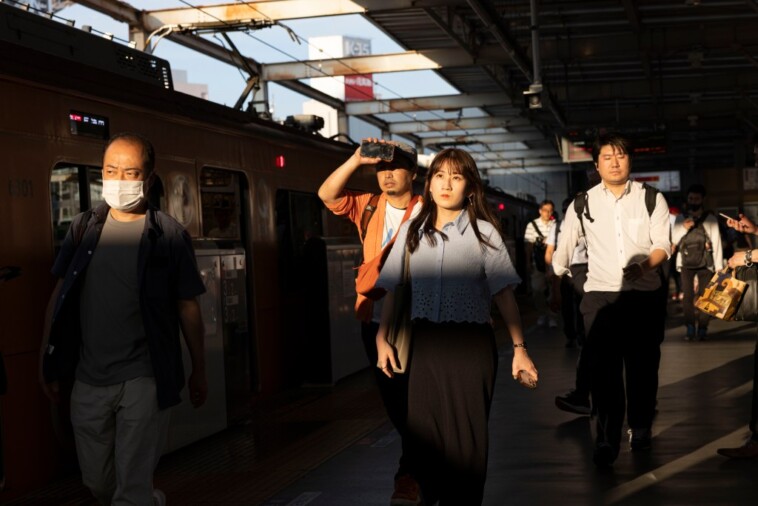They’re hoping for more play and less work.
The Japanese government is trying to encourage more businesses to adopt a four-day workweek due to a labor shortage in the country, which faces a potential shortage of a staggering 1 million workers in 2040, a recent study found.
Japanese leaders even launched a “work style reform” campaign that recommends shorter hours, overtime limits and paid annual leave for workers in the country known for its intense work culture.
“By realizing a society in which workers can choose from a variety of working styles based on their circumstances, we aim to create a virtuous cycle of growth and distribution and enable each and every worker to have a better outlook for the future,” a ministry website explained of the campaign, known as “hatarakikata kaikaku,” which means “innovating how we work.”

The idea for a shorter work week in Japan, where the government counts at least 54 deaths per year due to overworking, began in 2021, and lawmakers approved of the initiative.
However, only 8 percent of companies there allow their workers to take three or more days off per week, while 7 percent give employees the one day off that is legally mandated.
Although the labor ministry recently began offering free consulting and grants as part of the campaign, only three companies have requested help so far.

Of the 63,000 employees of the electronic maker Panasonic Holdings Corp. who are eligible for four-day week, only 150 took it, according to a Panasonic employee who manages the initiative at the company.
In 2022, England tested out a 4-day work week. Of the 61 companies that participated, 91% said they were sticking with the new schedule.
With Post wires

